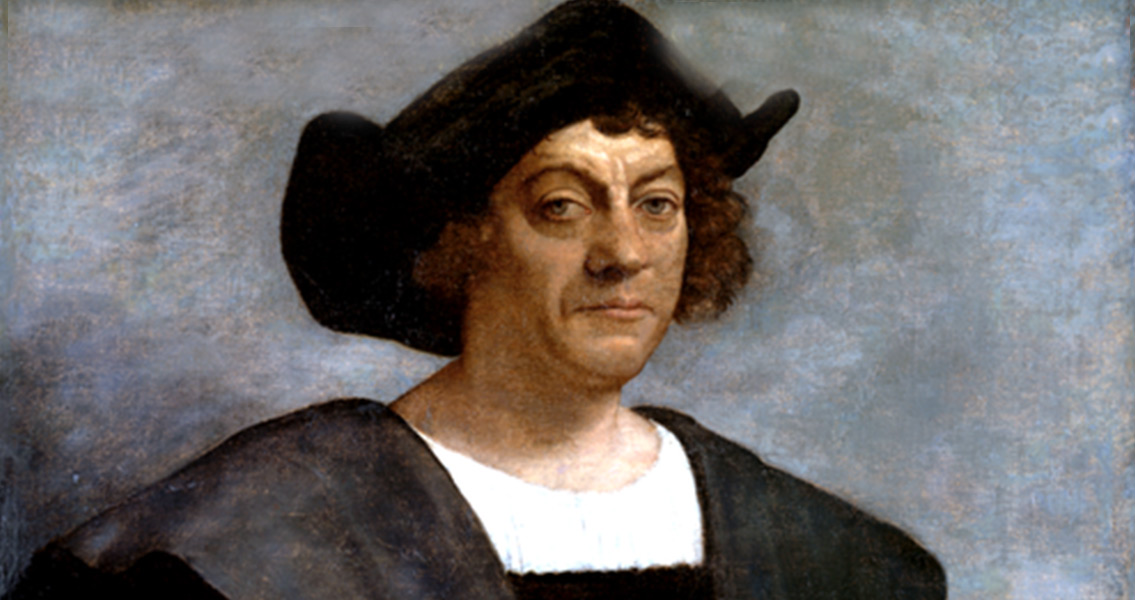<![CDATA[Turkish President Recep Tayyip Erdogan claimed over the weekend that Muslims discovered the New World before Christopher Columbus. He made the bold announcement at a televised speech in Istanbul to a group of Muslim leaders from the Americas. His claims are based on a paper by an academic affiliated with the As-Sunnah Foundation of America called Youssef Mroueh. Erdogan’s comments are already sparking much controversy throughout the world. Mroueh wrote a paper in 1996 stating that in 1492 Columbus had reported seeing a mosque on top of a mountain while he was sailing near the north-east coast of Cuba. Most researchers believe that the mosque was actually a metaphor, to describe a beautiful landmark he had noticed. No evidence has been unearthed (yet) of any Muslim settlement at or near the location where the so-called mosque should be. Nevertheless, Mroueh and some other scholars say that Muslims from West Africa travelled across the Atlantic Ocean many times, centuries before Columbus did. Some of these scholars also cite the work of a Spanish geographer named Abul Hasan Ali Ibn Al Masudi. His work from the tenth century outlines South America, and talks about an Arab sailor named Ibn Aswad, who traveled “the ocean of darkness and fog,” and returned with treasures of gold and silver. While it should of course be noted that Native Americans migrating from Eurasia around 20,000 years ago were the first to discover the Americas, there is a growing trend among historians to find other “discoverers” as well. Popular candidates include the Polynesians, the Vikings, the treasure fleets of the Chinese emperor Ming, and Basque fishermen seafaring in the Atlantic. At the moment, only the Vikings are widely accepted as potential finders of the New World. This belief is based on evidence of Scandinavian explorers and settlers landing on the shores of Newfoundland and Canada, five centuries before Columbus arrived in the Americas. So, with all of this new research, and the studies going on to find the rightful owner of the title “Discoverer of the Americas”, should Erogan’s words be taken seriously? Yes, they should, as the Muslim nations were indeed powerful and rich enough to have made these journeys across the Atlantic. However, at the moment, there is really no concrete evidence that this was so, and scholars have to rely on the words and legends of people from the past. It must be remembered that Mroueh is not listed as a historian at any tertiary academic institution. Although it doesn’t necessarily negate his words, it is an important consideration. Despite this, Erdogan still insisted that Muslims discovered the New World in 1178, based on Mroueh's paper. The main criticism of Mroueh's hypothesis revolves the usage of the word 'mosque', and the debate about what it would have meant in 1492. Some historians argue that Columbus, in using the word, was repeating common terminology of the time among Spanish sailors and seafarers. Fresh off the heels of the Spanish Inquisition – the campaign against the last Muslim states in Spain, historians argue that Spanish sailors used words taditionally associated with Islam to describe the inhabitants of the New World. New World natives were described as “moors” and “infidels”, (names given to Muslims at the time). A mosque, therefore, could have been a building belonging to Cuba's native population.]]>
Turkish President Claims Muslims Discovered America First
